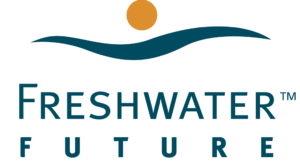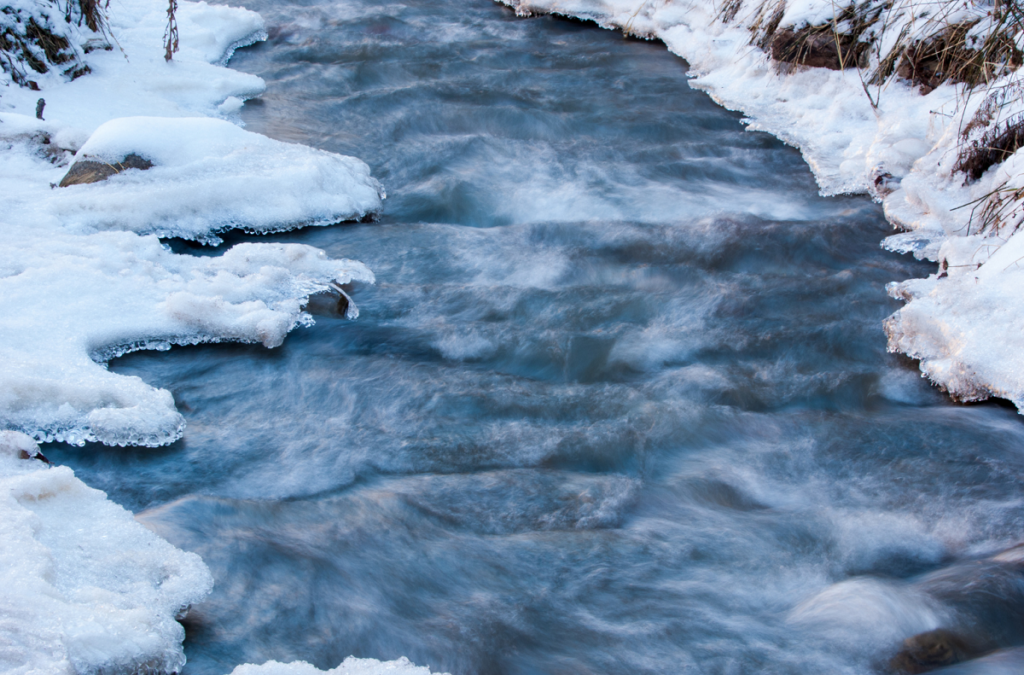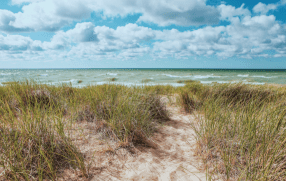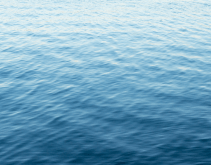Federal Strategy to Distribute Water Infrastructure Funds Gains Support
This week the U.S. Environmental Protection Agency (EPA) issued a memo to guide collaborative implementation with state, local, and Tribal partners of $43 billion in water infrastructure funding through the Bipartisan Infrastructure Law. Jill Ryan, Executive Director of Freshwater Future shared, “Freshwater Future is very supportive of the approach the U.S. EPA is taking to implement infrastructure funding from Congress by prioritizing that 49% of funds must go to disadvantaged communities, ensuring funds are available for technical assistance and addressing emerging contaminants; these will be effective steps to protect human health and address water concerns. We have seen the difficulties that city and rural communities across the Great Lakes region have faced to address water safety and contamination, and we believe these State Revolving Fund loans and grants are essential for updating water infrastructure and protecting public health in traditionally disadvantaged communities.”
New Technology Step Toward Equitable Solutions
A few weeks ago, we shared that Freshwater Future’s Community Based Communications Grants program is helping several community-based organizations bridge the technological divide. We are excited to reveal Project NEED Foundation, a Benton Harbor, Michigan based organization, has a new website.
International Climate Change Report Makes Case for Immediate Actions
The newest Intergovernmental Panel on Climate Change* (IPCC) report highlights the impacts of climate change on human communities. As climate change worsens its costs only grow. Floods, drought and wildfires are increasing in frequency and severity and the associated economic costs are rising too. The report also covers the increases in natural disasters that threaten livelihoods and homes, as well as the scale of suffering caused by climate change, which takes a toll on our mental health.
Fortunately, research shows that developing successful climate adaptation plans can improve mental health. Immediate actions are needed in order to reduce the costs, both financial and emotional, of our changing environment. Freshwater Future is working with partners in Detroit to help residents collect citizen science data on rain events that they can use to find solutions to adapt to climate change by reducing flooding impacts. Stay tuned for opportunities to get involved and learn more.
*IPCC provides UN policymakers with regular scientific assessments on climate change, its implications and potential future risks, as well as puts forward adaptation and mitigation options.
Michigan’s Healthy Climate Plan Comment Period Open Until March 14, 2002
Recently, we shared that the Michigan Department of Environment, Great Lakes, and Energy (EGLE) released a draft MI Healthy Climate Plan that lays out a broad vision on how the state can reach carbon neutrality by 2050. The deadline for comments ends next week on March 14. Please share your support for the Climate Plan and the need for more swift timelines and bolder actions by emailing EGLE today through our online take action form.
Mapping Out Lake Erie
A new National Oceanic and Atmospheric Administration (NOAA) ship will use sonar to update navigational charts of Lake Erie. The data will also be useful to create ice and hydrodynamic models as well as geological work. Parts of the lakebed have not been surveyed since the 1940s, so it will be exciting to see how this data contributes to the understanding of the Great Lakes.
Freshwater Future Project Grant Deadline, March 31
Freshwater Future has been fortunate to provide Grant Programs for grassroots community organizations for over 26 years supporting advocacy efforts to protect or improve drinking water, rivers, lakes, wetlands, shorelines, and groundwater in the Great Lakes region. We have more resources to support this program, making it a great time to apply. Visit the map on our website to learn more about our Grant Programs funding initiatives and their impact on past projects.








